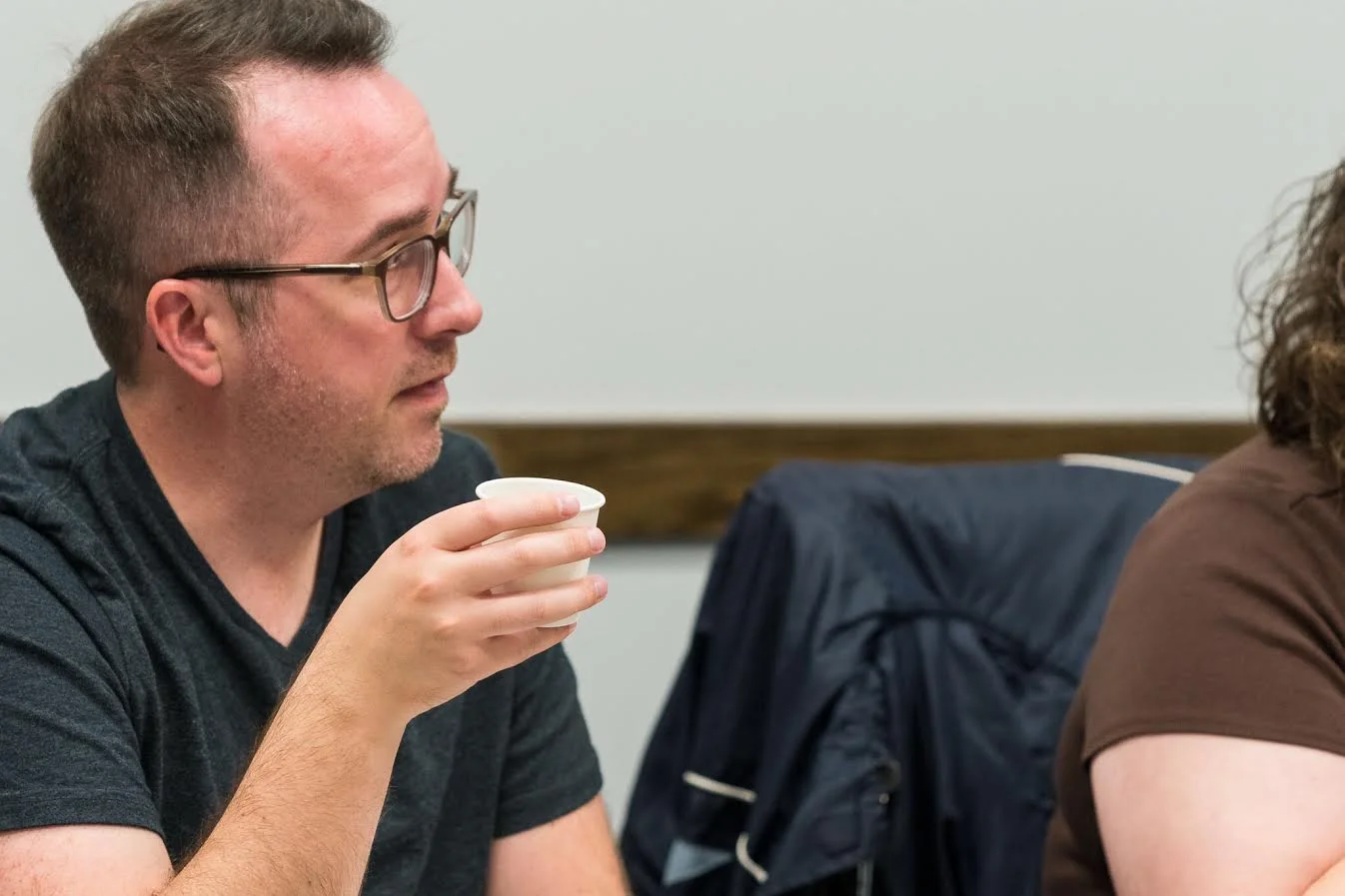Class Recap: Evolution of Specialty Coffee
What is Specialty Coffee and what makes it so special? Today we dove deep into the history of coffee production and consumption to learn more about the drink we love! We sampled coffees of various styles as we walked through the history of coffee consumption in the United States, using Mark Pendergrast’s “Uncommon Grounds” as our guide. Here's a quick recap:
While we don’t know precisely when coffee first began being cultivated intentionally, we do know that by the first printed mention of coffee in the 10th Century, coffee had been grown in Ethiopia and Yemen for hundreds of years. By way of colonialism, religious missionaries, and trade, the coffee plant made its way first to India, then to the Caribbean and Latin America, on to South America and, back to Africa throughout the 1700s and 1800s.
Meanwhile in the US, coffee grew in popularity in spite of the temperance movement and various movements throughout the health and religious communities to ban caffeine. As the Industrial Revolution took off, so did the mass production of consumption of coffee. Prior to the 1880s, most coffee drinkers roasted and ground their coffee at home for each cup. Technology and manufacturing meant that small, regional roasters who existed in more urban communities could expand their operations and compete at a national level.
“Prior to the 1880s, most coffee drinkers roasted and ground their coffee at home for each cup.”
Economic instability and a heavy demand for coffee at the lowest price helped degrade the quality of coffee, with some roasters using inferior coffees that lacked the flavor and body of Arabica coffee for a higher yield at a lower cost. Enter Specialty Coffee.
Tired of coffee that lacked flavor or quality, new, independent roasters popped up offering coffees based on origin with a focus on preparation and quality. This emphasis provides more opportunities for farmers and producers to gain exposure and improve the quality of their offerings. Further, this new market makes coffee similar to other growing craft industries like beer or wine.
We love talking about coffee. If you’re interested in learning more about our classes, click here to sign up to receive emails about other upcoming events!


